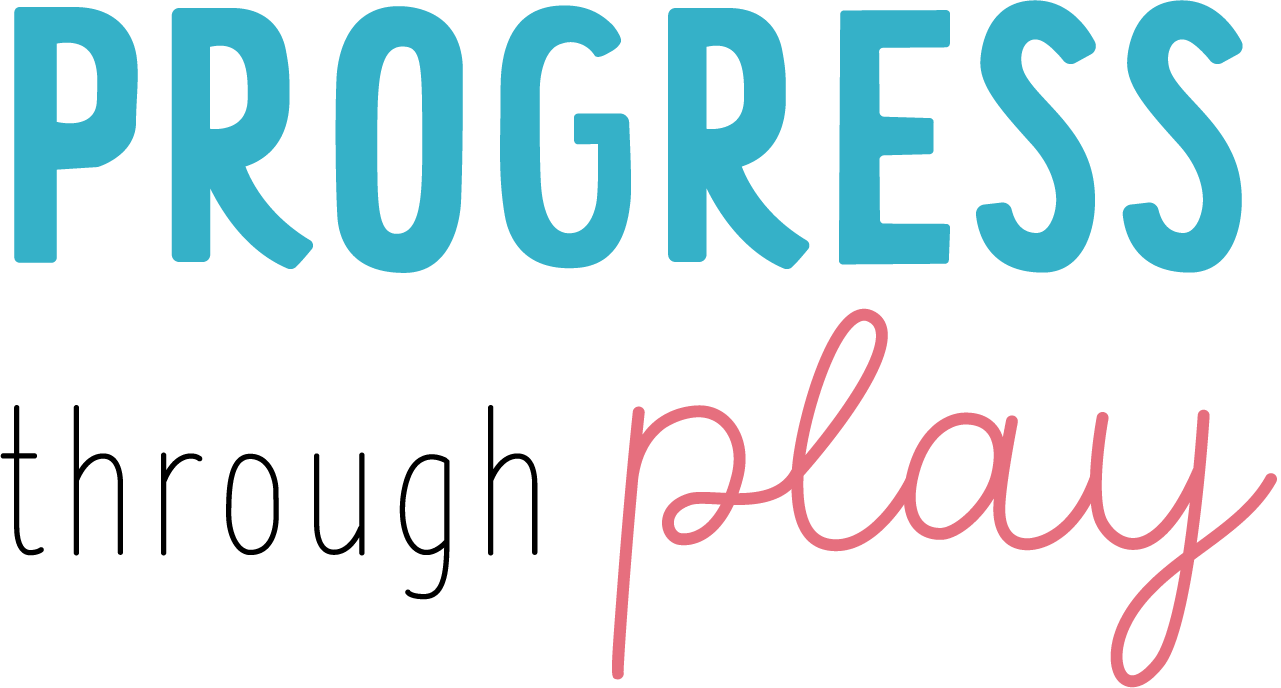Helping Babies with Reflux Beyond Medications
Ten years ago, I was that mom. I had an inconsolable, uncomfortable baby who seemed trapped in a cycle of reflux medications with little to no lasting improvement. It felt like I was on a merry-go-round, but nothing really seemed to work. As an infant-specialized pediatric physical therapist, I now see this situation all the time in my practice. Medications can be helpful in certain cases, but the interventions shouldn’t stop there.
There’s so much more we can do to help these sweet babies—and their exhausted caregivers.
If you’re in the same situation, here’s what I recommend:
1. Work with a Knowledgeable IBCLC (Lactation Consultant)
A skilled International Board Certified Lactation Consultant (IBCLC) is extremely valuable in assessing feeding patterns and ensuring your baby is getting the nourishment they need without discomfort. Sometimes, reflux symptoms are tied to feeding difficulties, and an IBCLC can provide strategies and solutions to make feeding easier and less stressful for both baby and parent.
2. Full Oral Functional Assessment by an Infant Therapist
Many babies experience oral motor challenges that add to feeding issues and reflux. A comprehensive oral functional assessment, performed by a pediatric therapist trained in oral motor therapy, can identify tongue ties, poor suck-swallow coordination, and other oral dysfunctions. Addressing these issues early can significantly improve feeding efficiency and reduce reflux.
3. Manual Therapies to Reduce Tension
Babies often carry tension in their bodies that exacerbates discomfort and reflux symptoms. Manual therapies, such as gentle infant massage, myofascial release or craniosacral therapy, help reduce this tension, allowing the baby to feel more comfortable in their body. These therapies are meant to relax tight muscles, release fascial restrictions, and improve overall movement, making it easier for babies to rest and digest.
4. Referral to a GI Specialist or Nutritionist
For some babies, reflux may be linked to underlying gut sensitivities or food intolerances. A referral to a pediatric gastroenterologist or nutritionist can help determine if your baby has any specific dietary needs or allergies that are contributing to their symptoms. These specialists can work with you to create a feeding plan that supports your baby’s digestive health.
5. Home Program of Positions, Exercises, and Movements
Movement is key in helping your baby feel better. A tailored home program that includes specific positions and gentle exercises can reduce discomfort and help your baby learn to self-soothe. These exercises are designed to support digestion, relieve gas, and promote relaxation, giving you and your baby much-needed relief.
If you’ve felt stuck or overwhelmed by the reflux medication cycle, know that there are additional avenues of support. By working with a multidisciplinary team—including a lactation consultant, infant therapist, manual therapy specialist, and possibly a GI expert—you can address the root causes of your baby’s discomfort and create lasting improvements.
Our goal is to help babies feel good in their bodies so the entire family can breathe again. Reflux doesn’t have to take over your life—there is hope, and there are solutions.
If your baby struggles with reflux or you’re in need of additional support, please reach out HERE. PTP is here to help you and your baby feel good!


